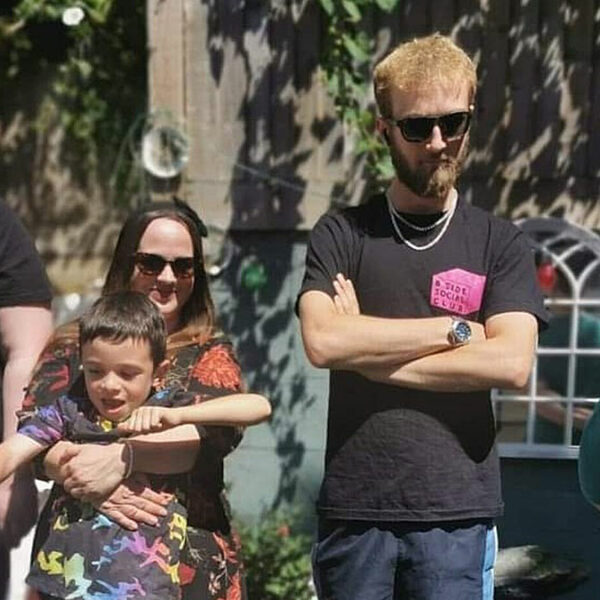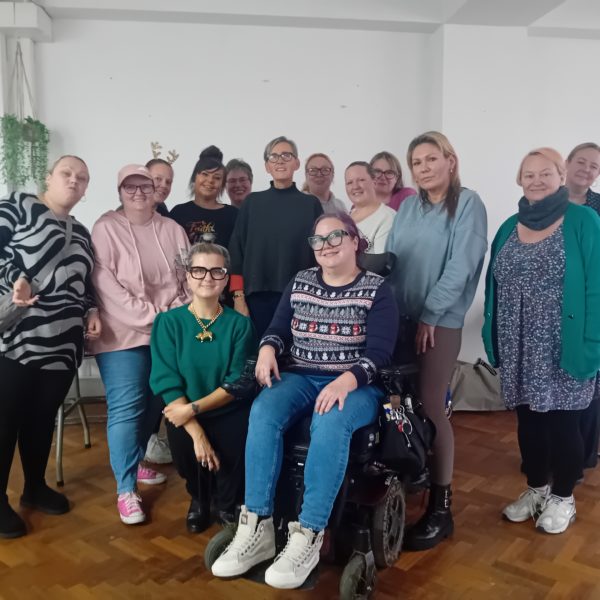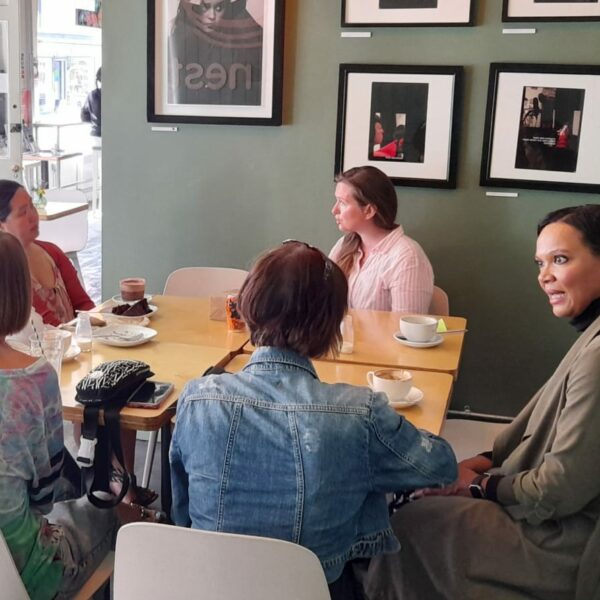Be a volunteer befriender
Are you a parent or carer? Do you have the knowledge and experience to support other parents? Are you interested in becoming a befriender? Our training programme will build your listening skills, help you to identify and develop the qualities of a befriender and establish boundaries. You will also have training in safeguarding and the parent journey.
About befriending
Our befriending service offers emotional support to parents and carers of children with special educational needs and disabilities (SEND) around the time of their child’s diagnosis, or when facing new challenges. The service is delivered by a team of parent carers who have all received training to become befrienders.
Read more about groups and befriending.
Are you interested in becoming a befriender? Check out the FAQs below to answer all of your questions.
Frequently asked questions (FAQs)
How do I register interest in becoming a befriender?
Is there an interview?
How much time commitment do I need to give?
Will I need to have a DBS check?
What does becoming a befriender mean?
Our befriending and groups team will carry out an initial telephone assessment with new parents and explain more about the service we offer. Following this, eligible parents will be matched to one of our befrienders who will continue to support them flexibly for up to six months. This might range from weekly to fortnightly visits, or just keeping in touch via phone, text or email.
What is the training like and do I have to pay for it?
Will I have to travel?
Will I get paid expenses for my travel and refreshments?
Is the befriending service online or in person?
How do I best support the family?
Do I have to take on a family immediately after the training?
Do I have to have a child with a specific additional need before supporting another family?
How can I help a family if I come across a condition I know nothing about?
How long will I need to befriend a family for?
How do I reassure families when I know the waiting lists for help are so long?
Will I be supported by someone at Amaze if I have any worries or concerns?
Will I be part of a team?
What happens if I start befriending and it's too much of a commitment for me?
What happens if I start befriending and don't like it?
Will I get a permanent job after volunteering? How can I do that?
Will I meet other befrienders?
Contact us
If you would like to become a befriender, please contact Marie Baker via email [email protected] or mobile 07484 051755.






